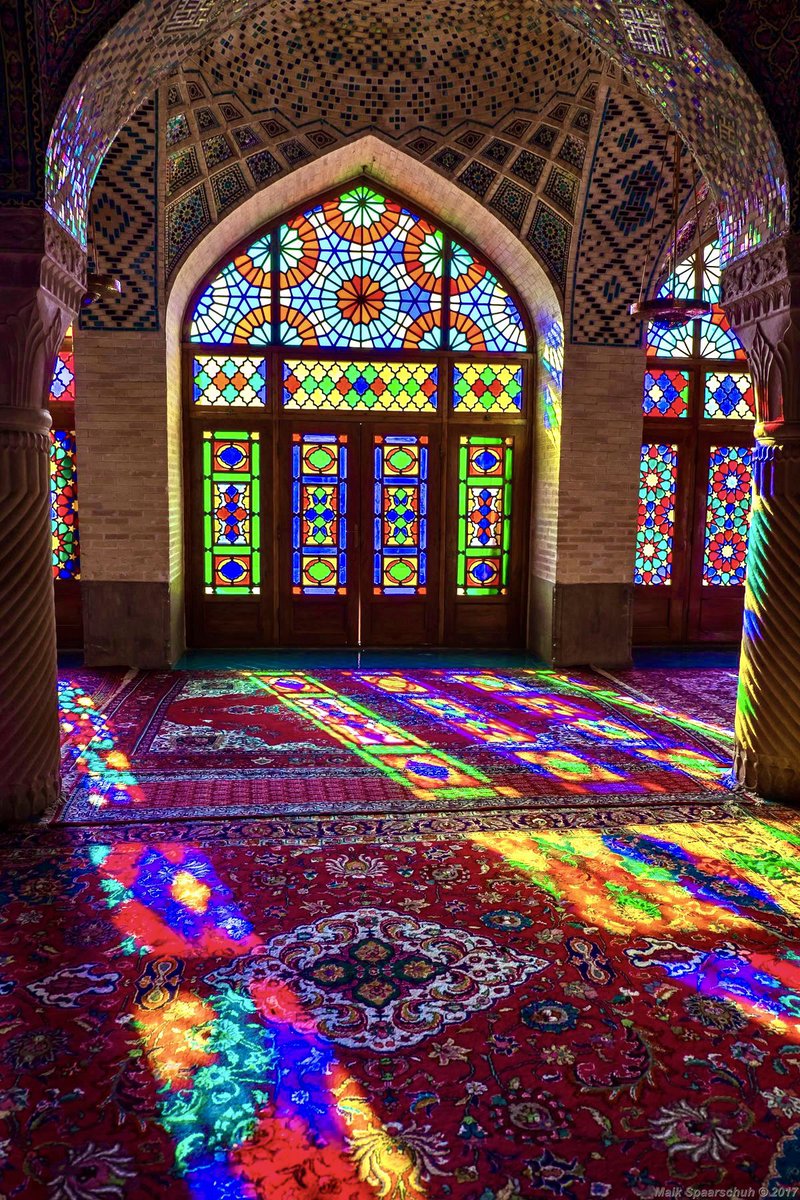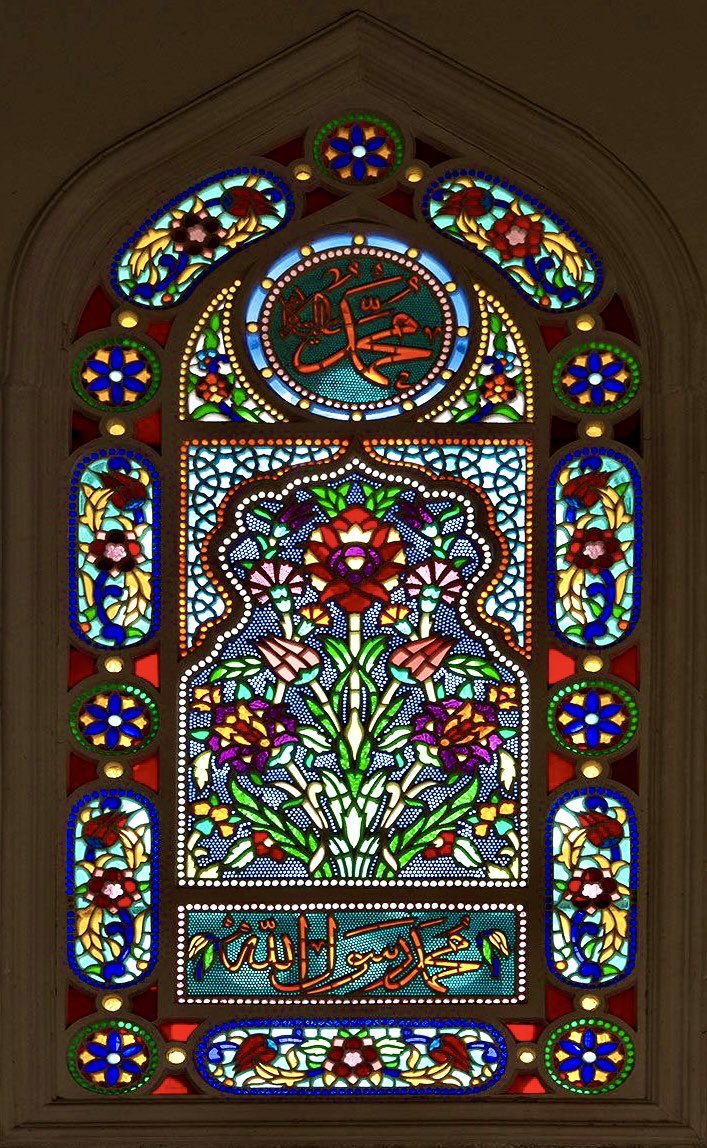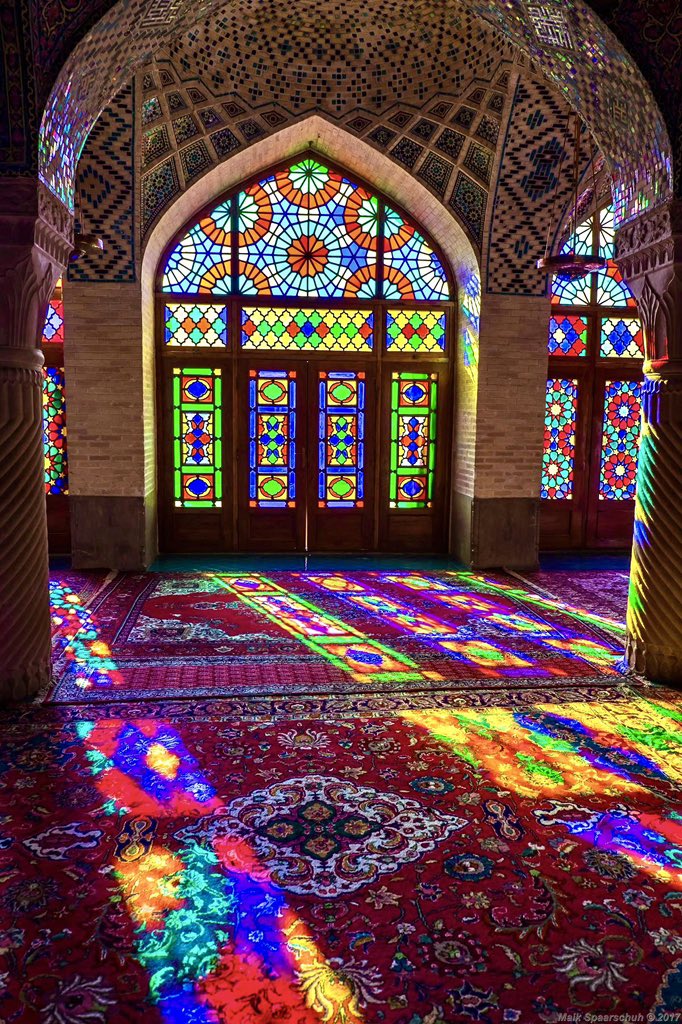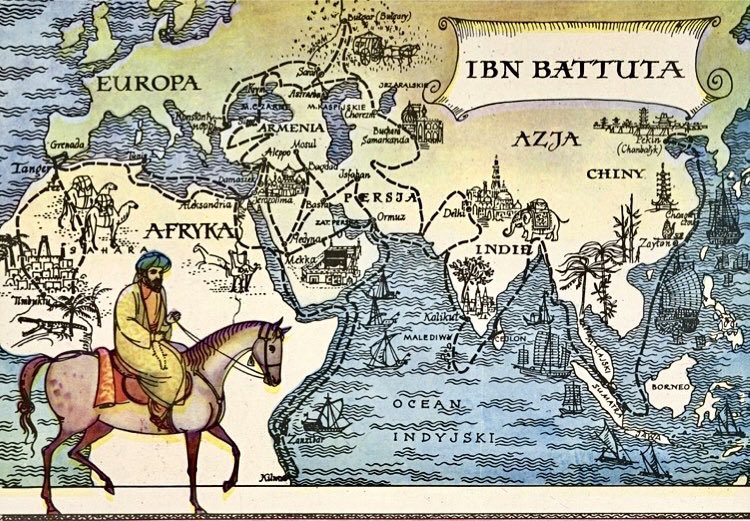Did you know that in Arabic, there are 12 levels of friendship?
For every level of friendship, there is an Arabic word to describe it. From Sadeeq to Khaleel, it is rare to find all 12 levels of friendship in one person.
A thread on the 12 levels of friendship in Arabic…
For every level of friendship, there is an Arabic word to describe it. From Sadeeq to Khaleel, it is rare to find all 12 levels of friendship in one person.
A thread on the 12 levels of friendship in Arabic…

1/ 𝙎𝙖𝙙𝙚𝙚𝙦 (صديق) - a true friend; someone who doesn't befriend you for an ulterior motive. The word "Sadeeq" is commonly translated as truth, so honesty and loyalty is at the core of this friendship 

Want to know more about Arabic language & poetry?
Join us for a captivating journey into the realm of Language and Verse, where the enchanting art of poetry unites cultures, kindles imaginations, and resonates across generations.
September 7
6:00 = 7:30pm BST
All ticket holders receive a recording so you can watch back at your convenience…
Embark on a poetic odyssey that transcends time and borders, as we journey through the enchanting world of language and verse across the expanse of the Muslim world. We will pay homage to the timeless poets, from Rumi to Yunus Emre to Hafiz to Faiz Ahmed Faiz, whose eloquence has shaped the very essence of poetry within this rich cultural tapestry.
Unlock the linguistic treasures that have shaped the poetic traditions of the Muslim world, from historical epics to modern odes, and experience the profound impact of language on poetic expression.
Engage in conversations with poets, scholars, and linguists, as they illuminate the intricate techniques, metaphorical brilliance, and cultural significance that define the heart of poetry.
Discover how poetry transcends borders, bridging diverse communities and fostering cross-cultural dialogues that nurture understanding, empathy, and shared experiences.
Book your tickets:
Join us for a captivating journey into the realm of Language and Verse, where the enchanting art of poetry unites cultures, kindles imaginations, and resonates across generations.
September 7
6:00 = 7:30pm BST
All ticket holders receive a recording so you can watch back at your convenience…
Embark on a poetic odyssey that transcends time and borders, as we journey through the enchanting world of language and verse across the expanse of the Muslim world. We will pay homage to the timeless poets, from Rumi to Yunus Emre to Hafiz to Faiz Ahmed Faiz, whose eloquence has shaped the very essence of poetry within this rich cultural tapestry.
Unlock the linguistic treasures that have shaped the poetic traditions of the Muslim world, from historical epics to modern odes, and experience the profound impact of language on poetic expression.
Engage in conversations with poets, scholars, and linguists, as they illuminate the intricate techniques, metaphorical brilliance, and cultural significance that define the heart of poetry.
Discover how poetry transcends borders, bridging diverse communities and fostering cross-cultural dialogues that nurture understanding, empathy, and shared experiences.
Book your tickets:

• • •
Missing some Tweet in this thread? You can try to
force a refresh

































